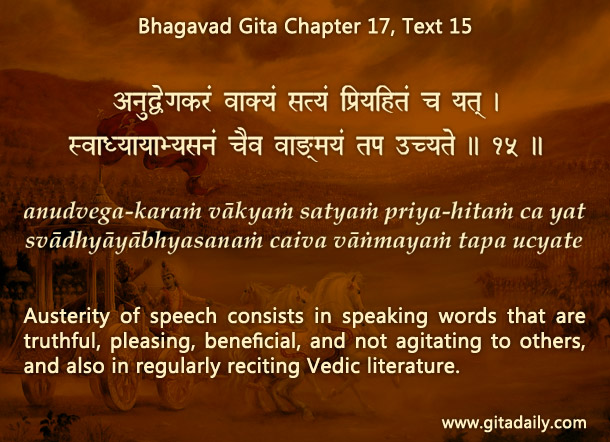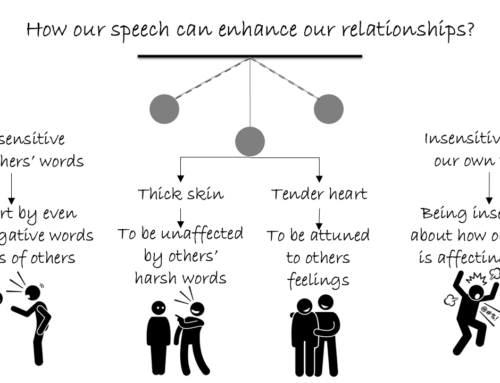When political correctness helps and when it harms – Few things are as polarizing in today’s Left-Right cultural divide as political correctness. The Left often condemns politically incorrect speech, seeing it as evidence that the speaker is malevolent. The Right often ridicules insistence on political correctness, seeing it as an obsession with nonessentials. Both sides have merit. Let’s see how.
Every society requires a hierarchy for functioning effectively; and that hierarchy gives rise to a corresponding vocabulary. The Left concerns itself with those left behind by the social hierarchy. It recommends politically correct speech to avoid offending the underprivileged. Consider the n-word used to refer pejoratively to a race that has historically suffered much discrimination. We as a society are better off replacing that word with more politically correct alternatives.
In contrast, the Right concerns itself with what is right with an existing social hierarchy. It asserts that if some words have helped a society communicate for generations, then we shouldn’t hastily outlaw those words for the sake of political correctness.
Consider the saying, “Man proposes, God disposes.” Political correctness mandates that we use gender-neutral language — humans instead of men, for example. That’s fine whenever it works. But what if the gender neutral substitutes just don’t work? “Humans propose, God disposes” lacks the zing that makes sayings memorable. Suppose someone quotes the original saying to inspire forbearance in their hearers. If they are denounced not just for using sexist language but for having a mentality that reeks of systemic gender discrimination, their critics are missing the point.
If we seek to find a balance regarding political correctness, the Bhagavad-gita (17.15) offers a helpful guideline: effective speech is both sensitive and sensible.
One-sentence summary:
Political correctness helps when it draws attention to hurtful words that can be avoided, but it harms when it draws attention away from the essential point being communicated.
Think it over:
- Why does the Left insist on political correctness? Explain with an example.
- Why does the Right object to political correctness? Explain with an example.
- How does the Gita help address the concerns of both the Left and the Right?
***
17.15: Austerity of speech consists in speaking words that are truthful, pleasing, beneficial, and not agitating to others, and also in regularly reciting Vedic literature.




Leave A Comment